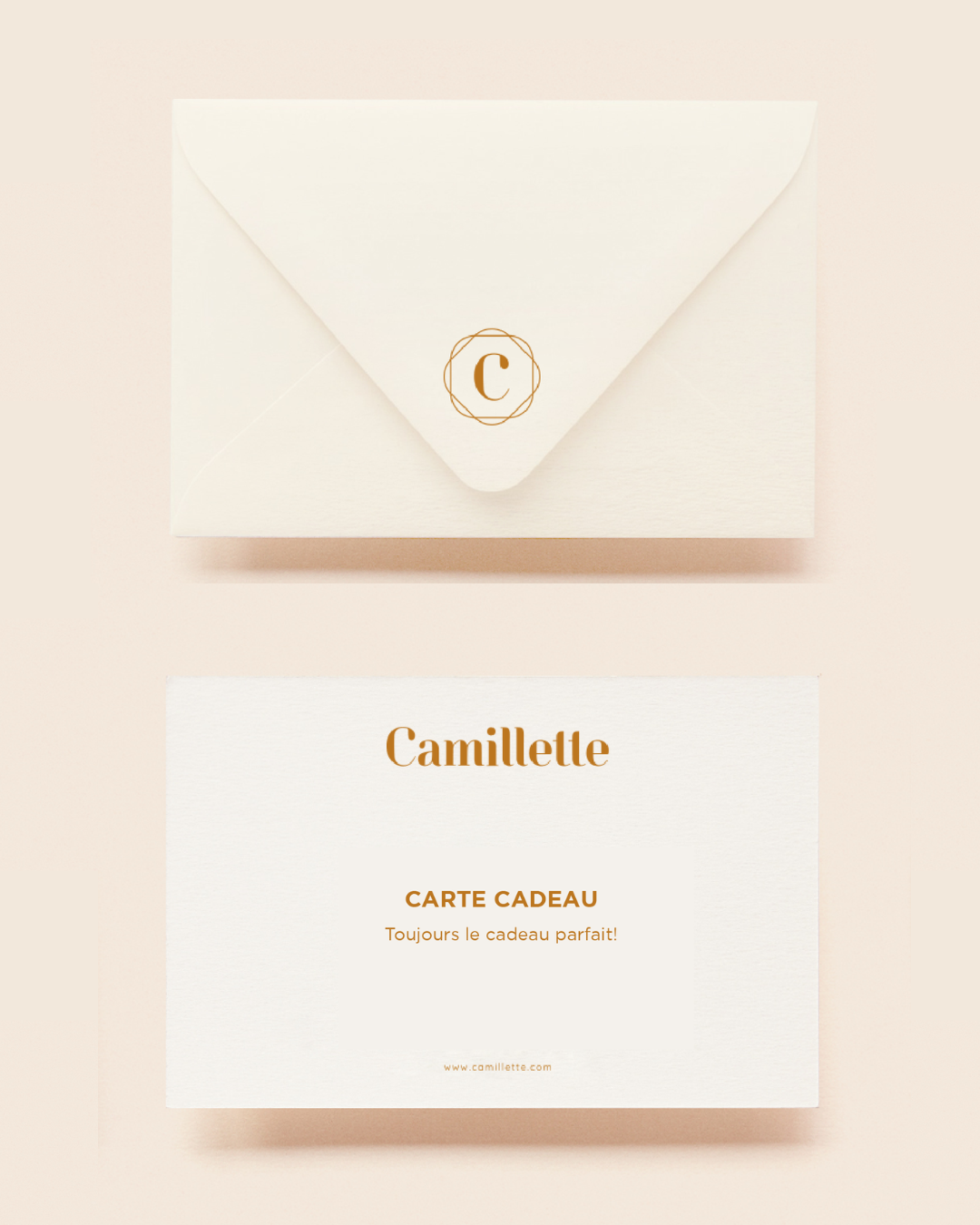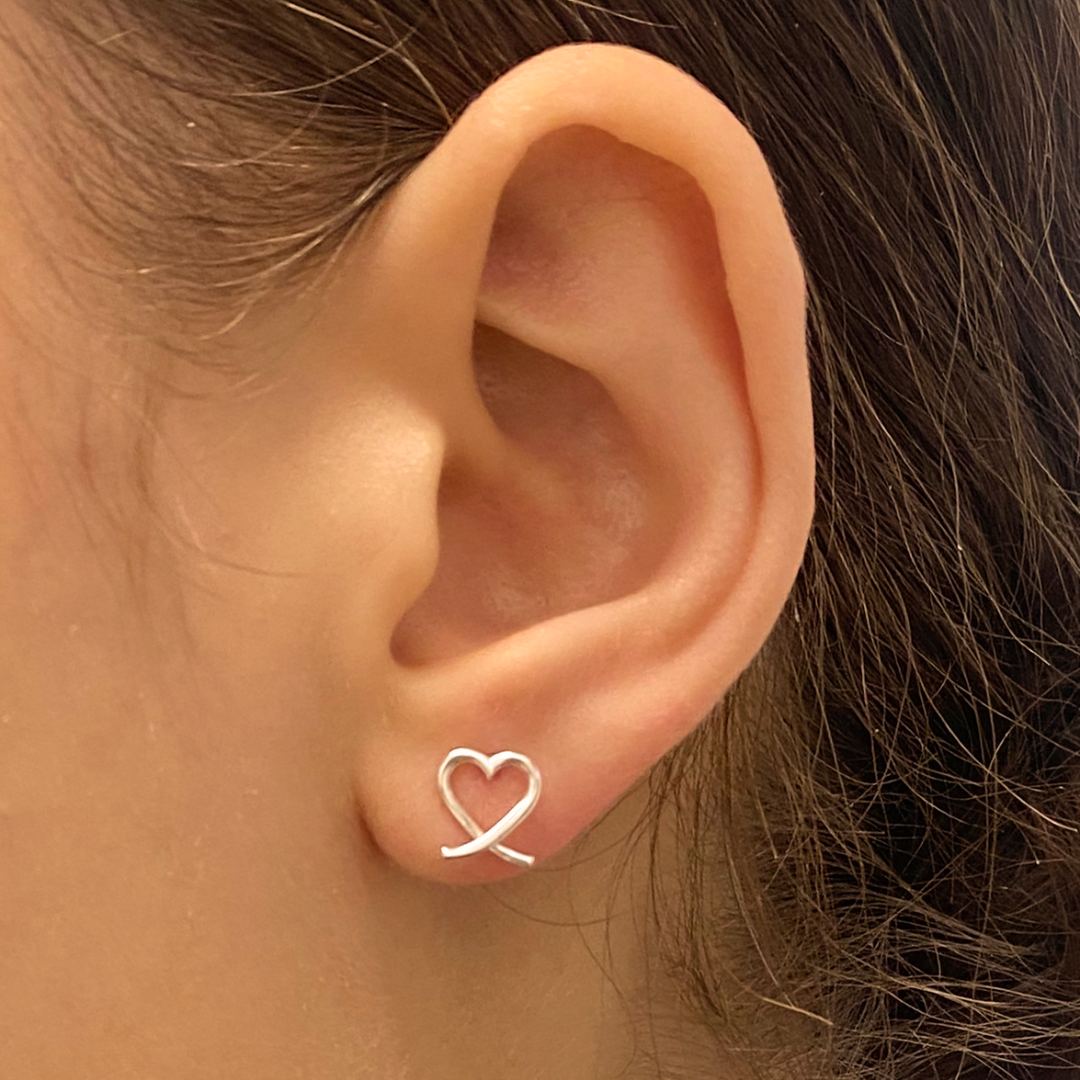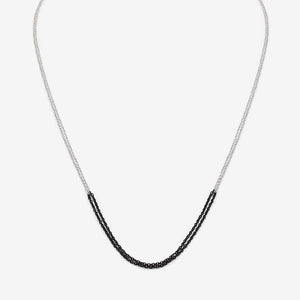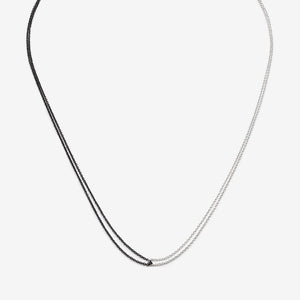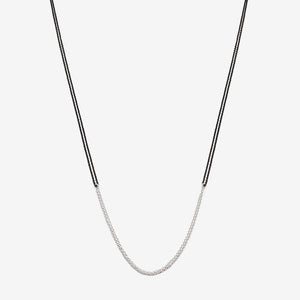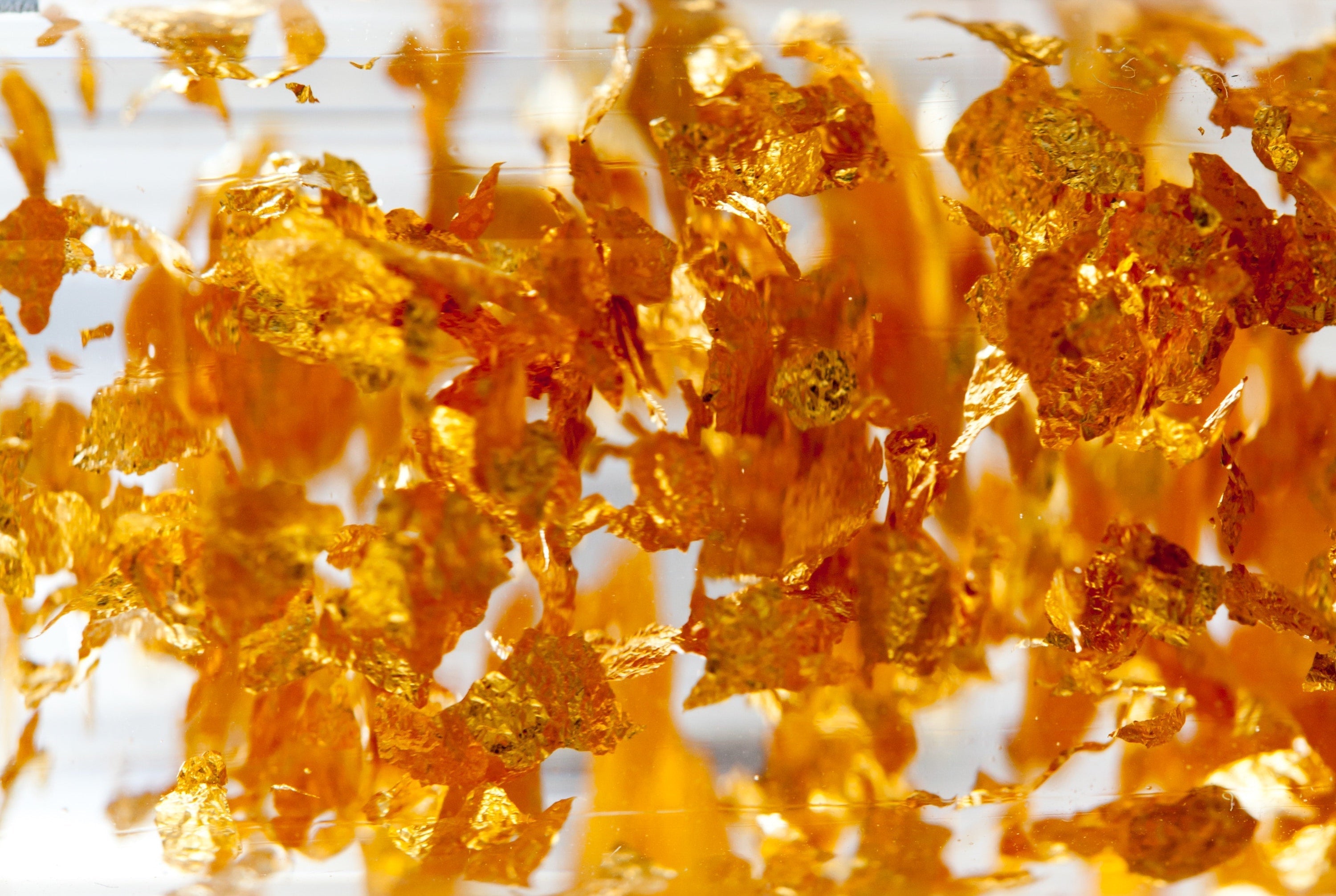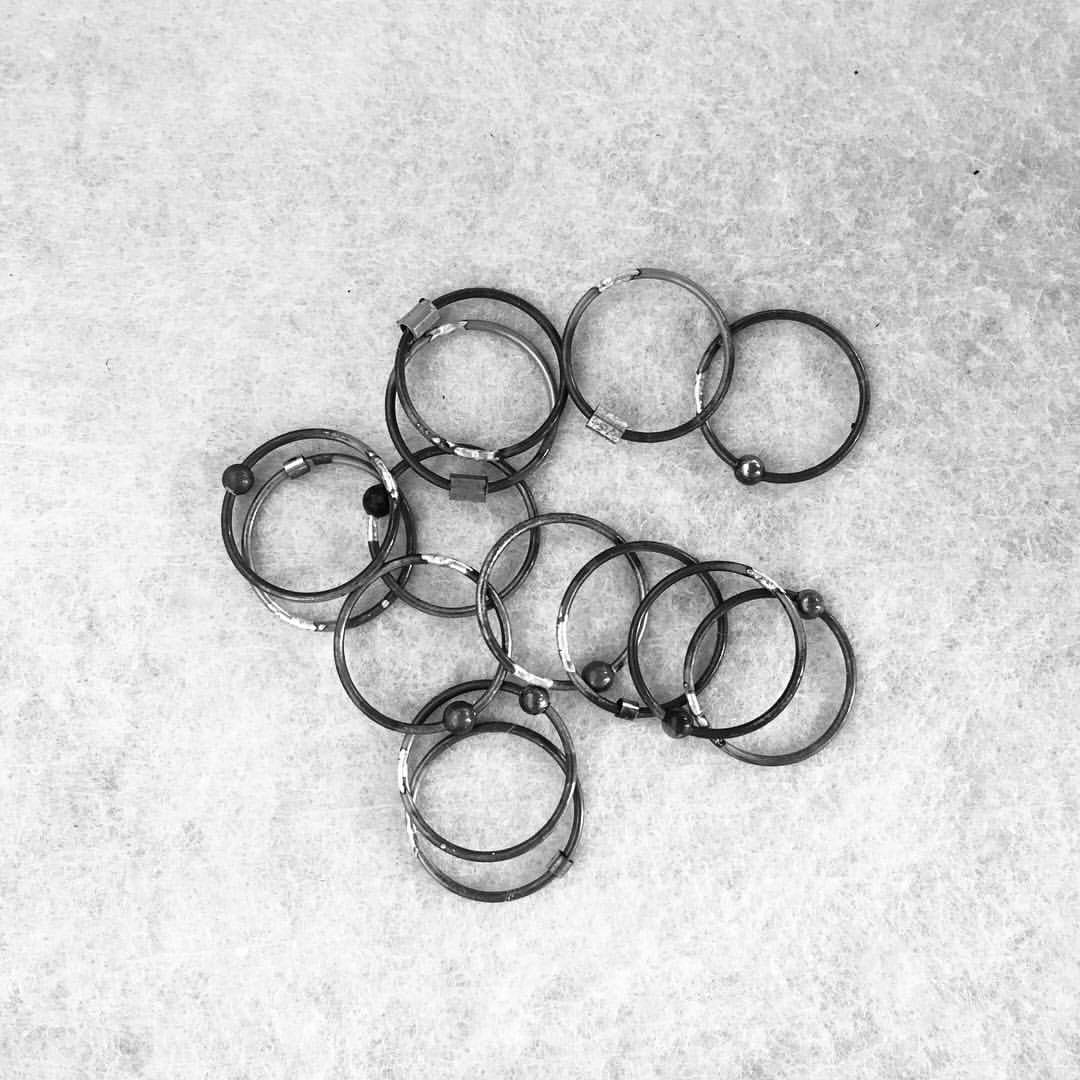
Metals, Allergies and Oxidation
What Are Metal Allergies?
The skin can react to metals that are worn. The most common symptoms are itching and red marks on the skin that can be compared to eczema. Some people with very sensitive skin can react to any metal like copper, brass, bronze, and even hypoallergenic material such as gold and palladium. However, this is very uncommon. Unfortunately, there is no solution to stop allergic reactions.
Allergies to Nickel
Nickel is a known allergen which can cause allergies. In Canada and the United States, nickel is found mainly in white gold because it helps whiten yellow gold and makes it harder. It can also be found in stainless steel. The use of nickel in alloys was banned in Europe in 2000. However, this is not the case in Canada and the United States, where it is still widely used.
Allergic Reaction vs. Oxidation Reaction
A distinction must be made between an allergic reaction and an oxidation reaction. An allergy usually causes itching and redness. An oxidation reaction, on the other hand, manifests itself by greenish or black marks left on the skin and on the jewel. The skin (through sweating) can react with certain materials, most often copper or silver (also present in sterling silver and gold alloys). The chemistry of the skin is different for each person. This reaction is not dangerous and normal. Perfumes, shampoos and other body products can affect the oxidation of a jewel.
What Is Oxidation?
Oxidation occurs in contact with the skin and also by reaction with compounds in the air. You probably noticed a dark layer forming on certain jewelry without protection left on a shelve for a long time The dark layer is superficial and can be removed by cleaning or polishing the jewel. Oxidation is a normal reaction and is not dangerous. Also, it has nothing to do with the quality of the metal or the jewel. Perfumes, shampoo and other personal hygiene or skin products can contribute to oxidize jewelry.

Read the article How do I clean gold, silver, brass and bronze? to learn how to take good care of your jewelry.
Which Metals Oxidize?
Copper, brass, bronze and silver 925 / sterling silver do oxidize.
Which Metals Do Not Oxidize?
Certain metals are more resistant to oxidation. Gold, palladium, rhodium, titane, platinum stainless steal, and argentium silver do not oxidize.

Source: Ganoskin

